
Christmas can be a tricky time of year for many people. Whilst it’s typically known as the “Season of Joy” – coping with Christmas whilst recovering from an eating disorder can feel like more of an ordeal than a celebration. Food quite often becomes the focal point of every situation; from chocolate advent calendars to the main festive feast of Christmas dinner. The increased spotlight on food can literally feel suffocating. So is it possible to navigate through the holidays and stay on track with your recovery?
To be honest, this is my first genuine crack at it. Last year, I have no shame admitting, was a bit of a bust. I was still just dipping my toe in to recovery. And whilst I was adamant that I really was trying, (so adamant I think I even believed it myself) I was actually drowning under the weight (no pun intended) of so many, many things. I silently slipped in to the familiar arms of my behaviours, nurtured by them almost, because everything was just too overwhelming and they were my safety blanket. In hindsight I think I’ve pretty much worked out where I went wrong. Firstly, I had stopped planning. I figured there was no point in having meal plans because there was going to be food and people everywhere. They’d think I was being weird, or awkward or that I was just trying to spoil the holiday or make things about me……. These were all MY beliefs. Nobody said those things. And I’m sure if I had been open with the people who love me about my genuine need to have some control, they would’ve been all for it. But the eating disorder voice is all about sowing those seeds of doubt, that’s where it’s power lies and I totally fell for it. So by doing something that I believed would help me to feel “normal” over the Christmas period – I actually consigned myself to a reunion with my old habits – and they hadn’t been invited to the party.

So what are the main triggers for someone with an eating disorder at Christmas time.
Obviously there is the food…… but as we know with most eating disorders, food is the symptom and not the cause. So if we are finding ourselves to be particularly triggered at this time of year then there must be a reason for it.
- Increased Socialising – Christmas parties, get togethers, work lunches, family gatherings, nights out with friends, dinner dates. I could go on and on. Christmas is a time to spend with those we value and also to catch up with people we don’t get to see quite so often. This is all lovely of course but that extra time spent in the company of others can be stressful and exhausting, before the food even comes in to the equation.
- Pressure – Statistics show that many people who suffer from eating disorders also have some form of OCD or are perfectionists. So Christmas time can definitely up the antsy when it comes to trying to get everything right. Whether it’s to buy the best gifts for someone, to attend all of the Christmas events on offer or even to just manage to feel festive. The pressure can be staggering and anxiety inducing.
- Disruption to routines – Christmas can often mean that lots of things/timings change. Perhaps your gym has different opening hours? Maybe your schedule becomes full of social events and therefore you no longer have time to factor in as much self care. Menus that you know, trust and love can change. These all sound like little things I’m sure but these types of disruptions can cause huge amounts of unease for someone who is relying on maintaining levels of control over Christmas.

So what can we do to stay on track this Christmas?
I’m going to break this part down in to two sections – because I realise that whilst not everyone reading this may be fighting their own eating disorder battle, you may be caring for someone who is. The role of caring for someone who you love over Christmas is just as important and I imagine just as difficult. Will you say or do the wrong thing? Will you upset them? Will you even be able to focus on yourself or other family members? Will anything you do actually help? So here are some tips that I believe may make your role a little easier.
- Don’t focus on food too much – obviously I’ve already mentioned that the majority of Christmas celebrations tend to be centred around food. If the person you are caring for is following a recovery meal plan then my advice would be to encourage them to stick to that. Don’t make a fuss about what’s on it. Don’t highlight what you feel might be missing. Let your loved one have the control they need and if they want to challenge themselves by adding in additional treats, support this and encourage it. Just make sure that they aren’t feeling pressurised by others in any of their intake based decisions.
- Don’t make comments about weight or body shape – This is always the thing that throws me off track the most. The comment may be made with the best of intentions, like “You look so well” or “You’re looking so much more healthy.” Big NO NO! You’re obviously trying to be kind and helpful, but often those comments can be taken by the eating disorder and completely twisted. “Looking healthy” can be translated to “You’re fatter than last time I saw you.” Asking “Are you full?” may be heard as “You are fat and greedy, how can you eat any more?” Try to keep any kind comments you’d like to make about traits other than appearance. And if you aren’t sure what to say, say nothing. Often you just being there and caring is enough.
- Do plan/encourage time out – Make sure your loved one knows that you totally support them having some time to themselves. Help them to plan what they might like to do, whether that be meditating, going out for a walk, listening to a podcast etc. If you take the pressure off “having to all be together all of the time” this will help to diffuse any feelings of guilt the person may have about needing to be alone.
- Focus on other things – Yes I’ve already pointed out that one of the primary focuses at Christmas time is food. But there are so many other things that make this holiday so loved and so special. Board games, cosying up for Christmas films, exchanging presents, carol services, going to church or even simply just going out for a walk together. Putting the onus on togetherness and just allowing the person in recovery to feel involved can make such a huge difference.
- LASTLY… Talk – Don’t be afraid to ask questions or to offer encouragement. We don’t like to feel as if we’re being preached to but hearing “I know that this is hard for you, but you’re doing so well, or “Is there anything I can do to make this easier for you?” We know you’re trying too and we appreciate it. Please keep giving us the opportunity to talk about our feelings and our needs.
And what about us? What about the people who are braving this battle? What can we do this Christmas to help us cope and to continue on our recovery journey?
- Plan – Like I said, last year I felt like I could have a Christmas break from planning and I couldn’t have been more wrong. In fact, every time I tell myself that I no longer need to write or stick to meal plans, I really struggle. The best way to be kind to yourself and to stay on track is to do the things that work for you. If you need the control of a meal plan on Christmas Day then do it. No-one is judging. Everyone you are spending Christmas with loves and cares about you and they’re rooting for you. They don’t think you’re weird or that you’re attention seeking and if by some chance they did, those are not your people!!
- Talk – Tell people what you need or don’t need. Be honest. Having limitations to what you can handle at this time of year, or any time for that matter, is not weakness.
- Have an escape plan – If for any reason you find yourself becoming overwhelmed in or by a certain situation, ensure you’ve already figured out how best to remove yourself. Your safety is priority, even if it means only attending an event for just a few minutes. Do what is best FOR YOU.
- Focus on self care – Give yourself the gift of loving you. Whether you need to meditate, bust out some yoga moves, be by yourself listening to music, have a bubble bath, go out to take photographs, journal or colouring… You know what works for you, so stick with it. Self care isn’t selfish. Especially not at Christmas time.
- Remove what doesn’t serve you – Not only is food everywhere at this time of year but so is all the talk of diets and detoxes. On the run up to the festive period there’s an endless barrage of “how many calories are in this,” “what amount of exercise you need to do to burn off this,” and all the “New Year, New You” crap. If you know reading and seeing that kind of stuff is likely to be triggering to you, then eliminate your exposure to it as much as possible. Delete any social media accounts that post such things. Stay off Facebook and Twitter. Don’t buy the glossy magazines at this time of year (or ever actually, but that’s for another post/rant). Surround yourself with positive things and influences. And remember that comparison is the thief of joy.
- Go easy – If you do happen to lose control or engage in a behaviour that you wish you hadn’t; be gentle with yourself. Your recovery journey isn’t linear. There will be many ups and downs. The most important thing to focus on is that a small lapse does not have to be a relapse. Draw a line under it. Get back up. Keep trying. You’re doing amazing.

As always, I certainly don’t profess to have all the answers. All I know for certain is that this is the first Christmas in three years where I genuinely want to enjoy it. I’m anxious, of course I am. I’ve already had to entertain and then evade the idea of “let’s restrict just a little on the lead up to Christmas in a bid to do damage control.” What an utterly sad sentence that is. Luckily, I have enough tools in my arsenal now to challenge these ideas and I think I’m as prepared as I can be. I just want this Christmas to be about making beautiful memories rather than obsessing about restricting calories. Life is too freakin’ short for that bullshit and I’ve wasted enough time.
If, however, you find that coping with Christmas whilst recovering from an eating disorder is too difficult; If you feel unsafe in any way, then please know that help is available. The wonderful people at BEAT UK are opening their helplines throughout the entire festive period. You will be able to speak to one of their advisors between 4pm and 8pm from Christmas Eve all the way through to New Year’s Day. I can’t begin to stress enough how important it is to reach out if you need to, that’s what these incredible people are here for.
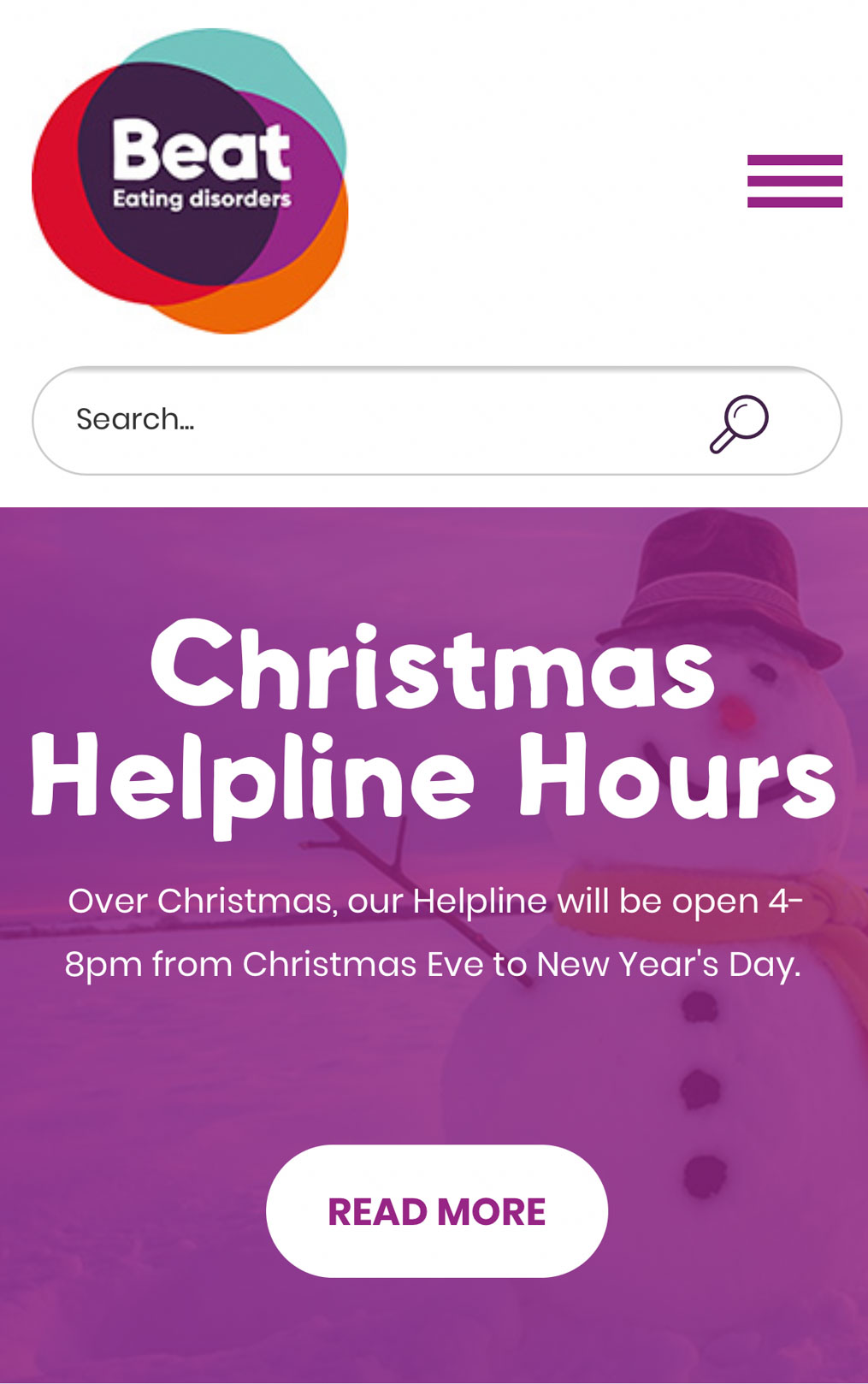
There’s really only one more thing I want to say. I truly hope you all have a very happy Christmas.
And to my fellow fighters…… I hope you are able to enjoy it and that you can treat yourself with all the love, kindness and understanding that you deserve. However you choose to celebrate, I’m sending you love, light and most of all, peace.
Beth Anne xoxo
![Mother Clucker…… DERBY WING FEST delivers yet again!!
[PR/Invite]
I had an absolute blast at @wingfestuk at @bustler_derby this weekend. The sun was shinin’ the beats were pumpin’ and the Wings were off the charts, incredible.
Honestly, the Wing vendors came from all over the country and they were not messing around this year. With each stand cooking up a Buffalo Wing and a Wild Wing there were just so many ways to tickle your tastebuds.
For us, the Cinnamon Toast Crunch from @eatpoorboys was just genius and we literally licked our plate because THAT SAUCE 😂 Big shout out too to our pals @the.wing.guys @dirtychickenuk and @eatthebird. We gave your Wild Wings 10s all the way 🤪
Thanks again @wingfestuk for putting on such a great event. We loved the addition of the beer puppets this year 😂 and the Iced Gelato Pops. Congratulations to all of those who received awards. We cannot wait to see what you come up with next year.
Wing Fest is coming to London, Manchester, Birmingham and Bristol THIS SUMMER so be sure to head to their Insta/Website and secure your tickets because this is a party that you do not wanna miss. Might even try to get over to Manchester myself so perhaps I’ll see you there 🙌🏻
#wingfest #wingfestuk #bustlermarket #derbyfood #derbyfoodie #derbyfoodies #wingswingswings #chickenwingsforlife #chickenwings #derbyshirefoodie #nottinghamfoodblogger #eastmidsbloggers #streetfoodfestival
](https://mynameisbethanne.com/wp-content/plugins/instagram-feed/img/placeholder.png)

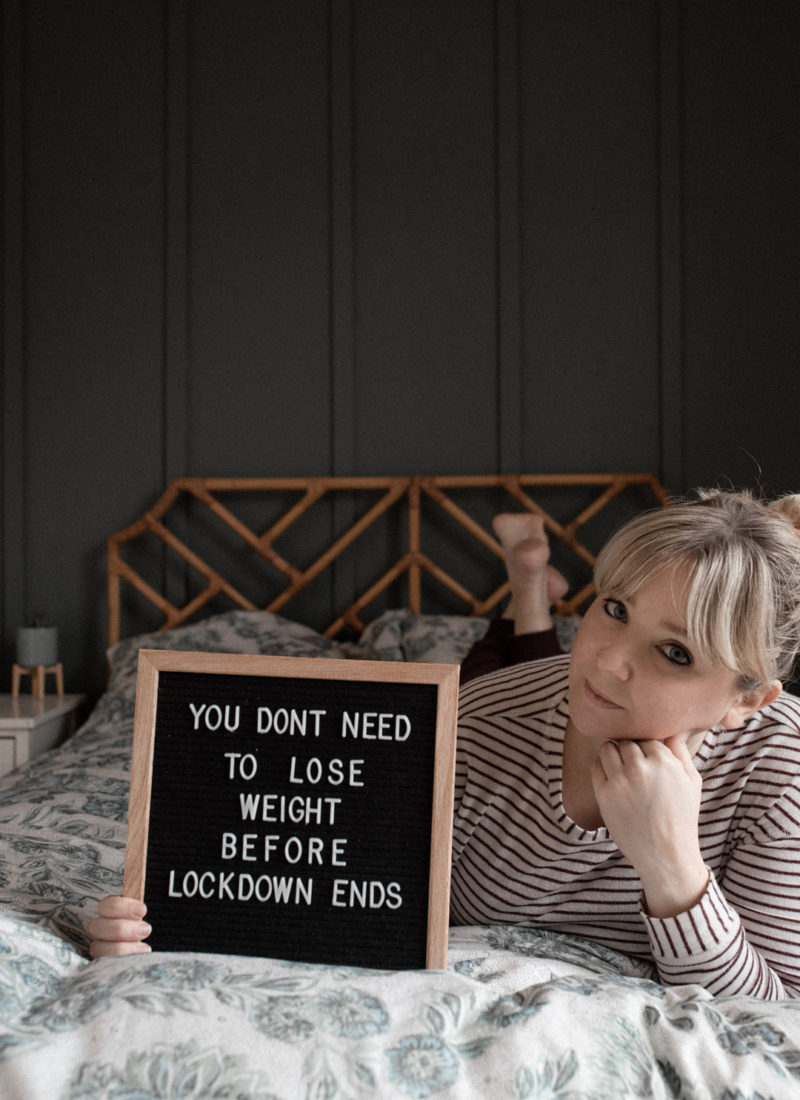
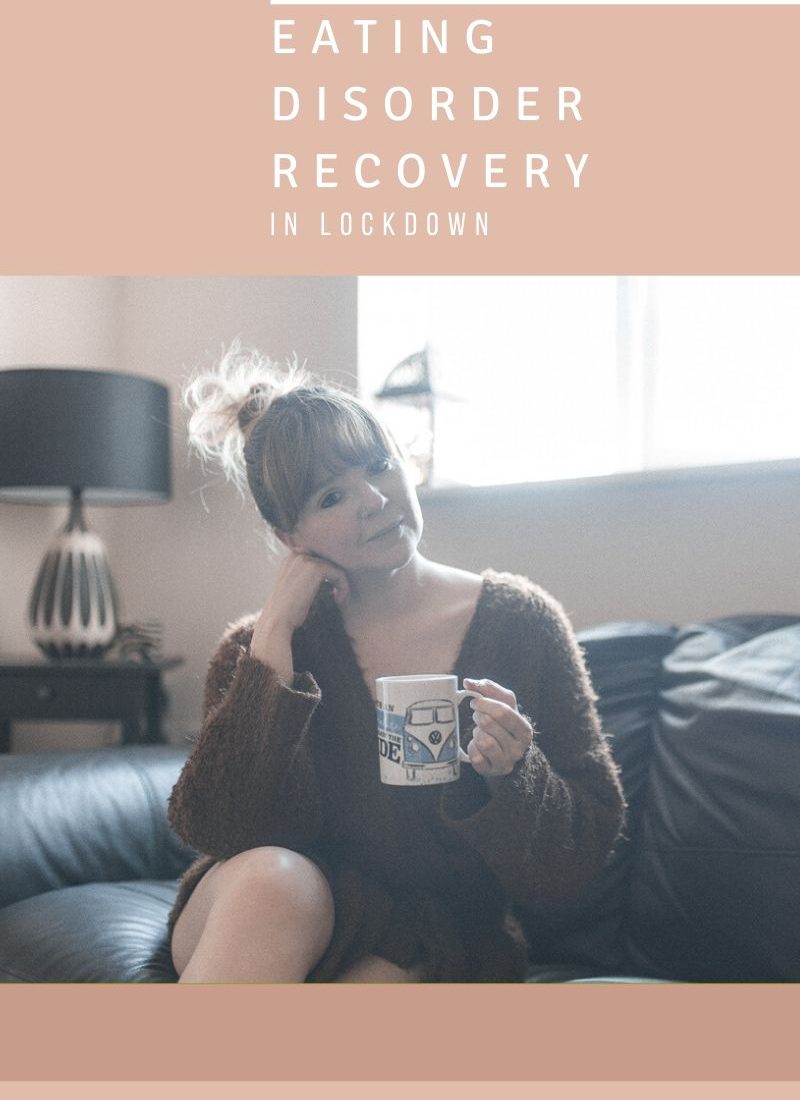


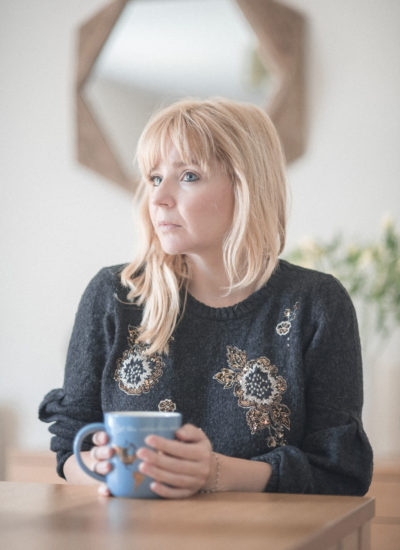
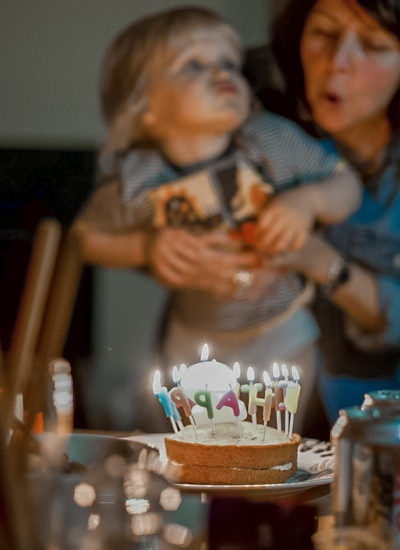
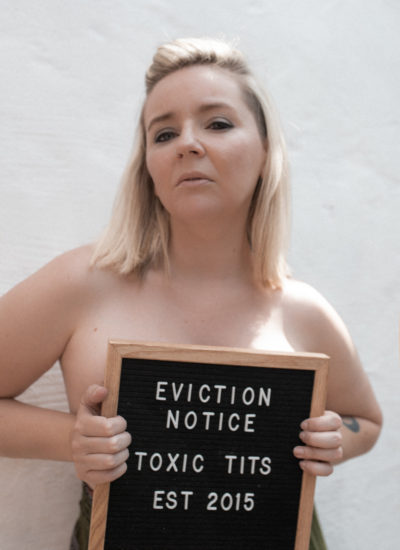
Hi there
Just had a quick flash back at the Christmasses surrounding the breakout of my anorexic period and you are so spot on. I especially love that you talk about recovery not being linear.
It goes up and it goes down and there are slips and progress… not all medical profs tells you that so this message is so so so important.
I actually wish I had had this post back then…. maybe I wouldn’t have been isolated to the extreme that I was
Lots of love to you
Linda
Thank-you so much for reading. And your lovely comment means so much to me. I often find it hard writing these types of posts and it takes me considerably longer than any others, but it’s so worth it to know that it could potentially help someone else to feel less alone. <3